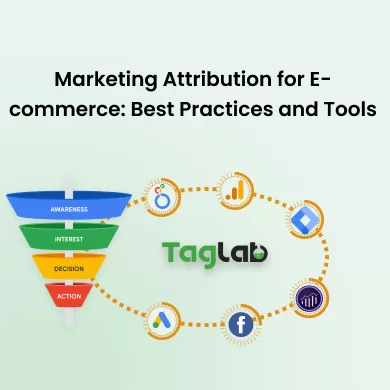Your cart is currently empty!
Content Development
Posted by:
|
On:
|
Content Development refers to the process of creating, curating, and managing content for various platforms, including websites, blogs, social media, and marketing materials. This process encompasses researching, writing, designing, and publishing content that is informative, engaging, and aligned with the organization’s goals and audience needs. Effective content development is crucial for building brand awareness, driving audience engagement, and supporting overall marketing strategies.
Detailed Explanation
Content development involves several key stages, each contributing to the creation of high-quality content:
- Research: Conducting thorough research to understand the target audience, industry trends, and relevant topics. This includes analyzing competitors and identifying content gaps that can be addressed.
- Content Planning: Developing a content strategy that outlines the types of content to be created, the platforms for distribution, and a content calendar for scheduling publications.
- Content Creation: Writing, designing, or producing the content itself. This may include blog posts, articles, infographics, videos, podcasts, and social media updates. Quality content should be engaging, informative, and tailored to the audience’s preferences.
- Editing and Review: Reviewing the content for accuracy, clarity, and alignment with brand guidelines. This stage may involve multiple rounds of editing to ensure high standards of quality.
- Publishing and Distribution: Once approved, the content is published on the chosen platforms. This includes optimizing content for SEO, promoting it through social media, email marketing, or other channels to maximize reach and engagement.
- Monitoring and Analysis: After publication, tracking the performance of the content using analytics tools. This involves assessing metrics such as views, shares, engagement rates, and conversion rates to determine the effectiveness of the content and inform future strategies.
Importance of Content Development
Effective content development is essential for several reasons:
- Brand Authority: High-quality, well-researched content helps establish a brand as an authority in its field, building trust with the audience.
- Audience Engagement: Engaging content encourages interaction, keeping audiences interested and prompting them to share the content with others.
- Lead Generation: Informative and valuable content can attract potential customers, driving traffic to the website and generating leads.
- SEO Benefits: Consistently publishing optimized content improves search engine rankings, increasing visibility and organic traffic.
- Competitive Advantage: A well-executed content development strategy differentiates a brand from competitors, providing unique value that resonates with the target audience.
Examples
- Blog Posts: A company publishes a series of informative blog posts on industry trends, providing valuable insights to their audience and establishing themselves as thought leaders.
- Video Tutorials: A software company creates video tutorials to help users understand how to use their products, enhancing user experience and reducing support inquiries.
- Social Media Campaigns: A brand develops engaging social media content that encourages user interaction and builds community around its products or services.
Related Terms
- Content Strategy
- Content Marketing
- SEO (Search Engine Optimization)
- Audience Engagement
- Content Management System (CMS)
Frequently Asked Questions
What is Content Development?
Content Development refers to the process of creating, curating, and managing content for various platforms to engage the audience and support marketing objectives.
Why is Content Development important?
Content Development is important because it helps establish brand authority, engage audiences, generate leads, improve SEO, and provide a competitive advantage.
What are the key stages of Content Development?
Key stages include research, content planning, content creation, editing and review, publishing and distribution, and monitoring and analysis.
What are some examples of Content Development?
Examples include publishing blog posts, creating video tutorials, and developing engaging social media campaigns.


